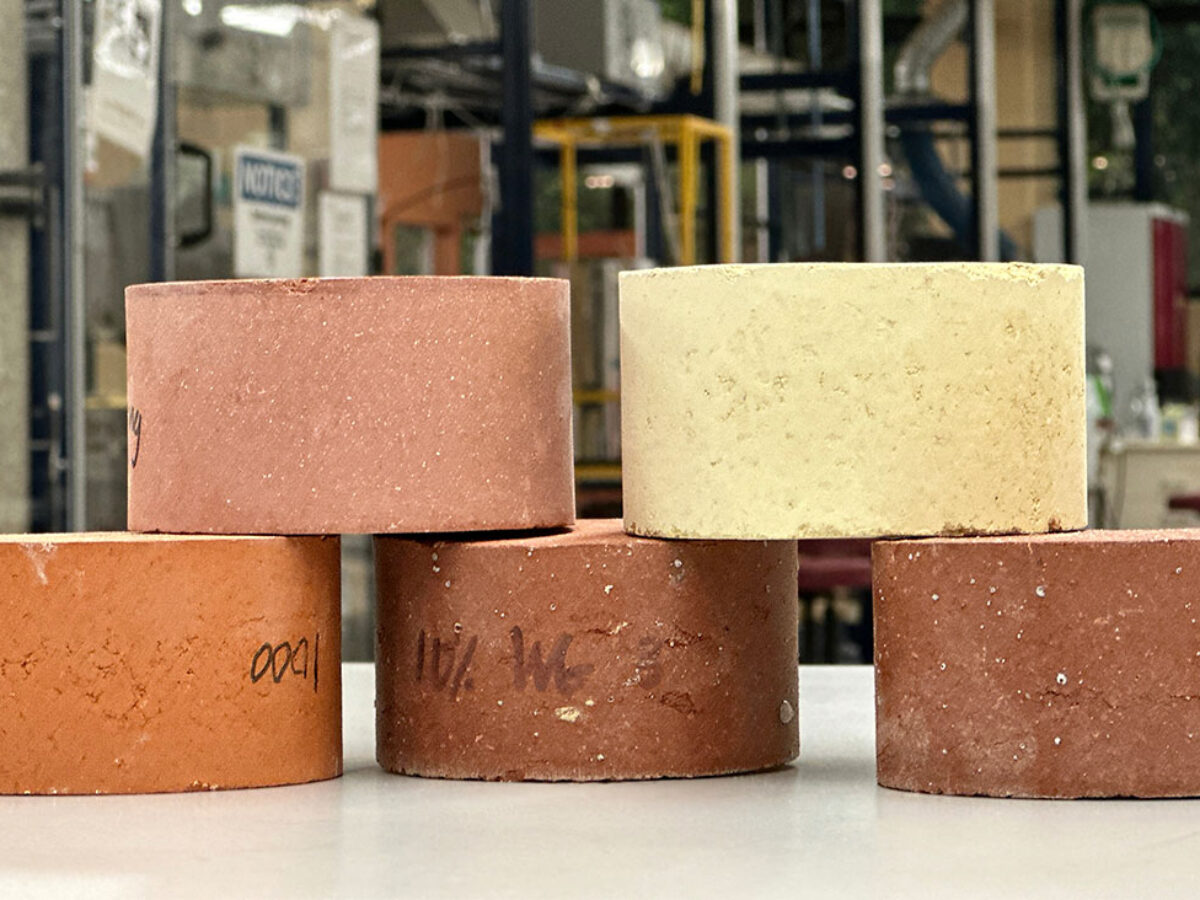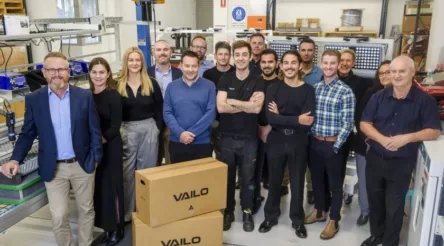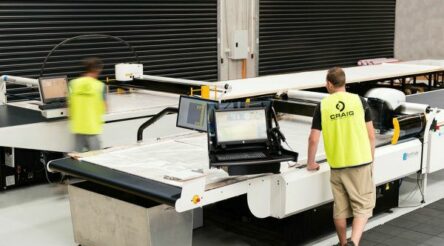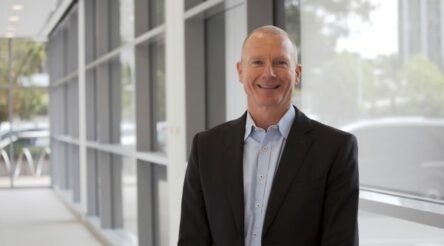Ash and glass boost brickmaking efficiency, insulation properties

RMIT University and Visy have partnered up to develop energy-efficient bricks, which switch out clay for recycled materials and show promise in boosting energy-efficiency.
The new bricks contain a minimum of 15 per cent waste glass and 20 per cent combusted solid waste (ash), as substitutes for clay, according to a statement from RMIT University on Tuesday. Their improved insulation showed potential to reduce household energy bills by as much as 5 per cent versus regular bricks.
The research results – published in Construction and Building Materials and accessible here — also show the firing temperature for curing bricks was reduced by up to 20 per cent against standard mixtures.
According to the university, the new bricks also met the key compliance requirement (AS 3700) of fired clay bricks set by Standards Australia.
“Our bricks, manufactured from industry waste, meet state environmental regulations,” said Dr Biplob Pramanik, the RMIT team’s environmental engineer.
“We can also produce light-weight bricks in a range of colours from white to dark red by changing our formulations,” said team leader Associate Professor Dilan Robert.
Robert added that the focus is on scaling up their production process “in collaboration with brick manufacturers in Melbourne” to facilitate commercialisation of the work.
Visy’s recent investments in recycling include a $500 million glass recycling and manufacturing facility south of Brisbane, and a recent $50 million expansion at its Laverton glass recycling plant.
It said that a current limitation is glass pieces under 3 millimetres (also known as fines) can be recycled into jars but not bottles.
Paul Andrich, Innovation Project Manager at Visy, said the research was a thrilling use of those fines.
“Diverting this waste into bricks with added insulation, rather than landfill, is another way we are powering the circular economy,” said Andrich.
Picture: credit Seamus Daniel, RMIT University
Further reading
Visy says on track to increase proportion of recycled glass in packaging by five per cent
@aumanufacturing Sections
Analysis and Commentary Awards Defence Manufacturing News Podcast Technology Videos










